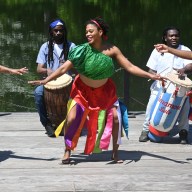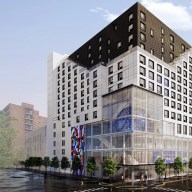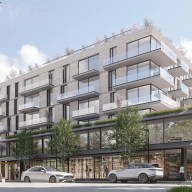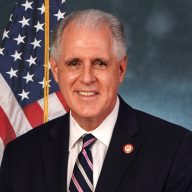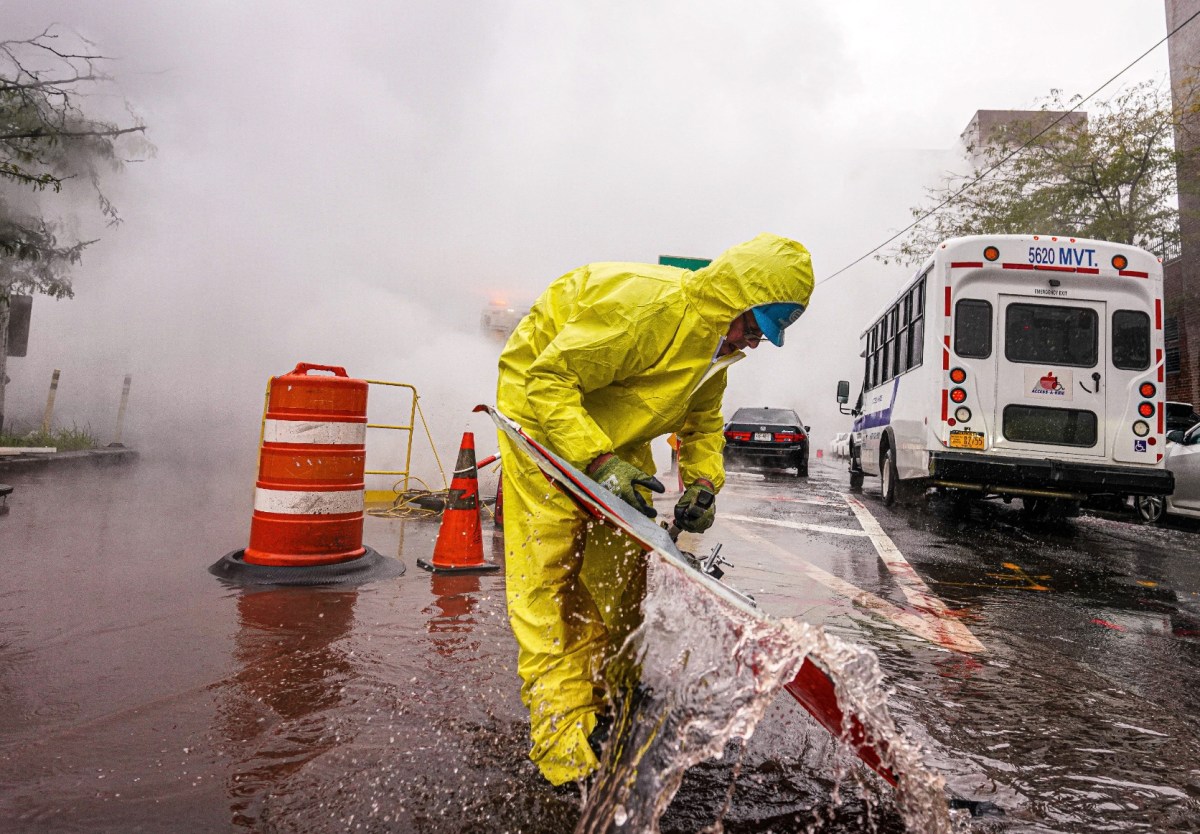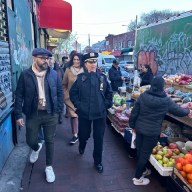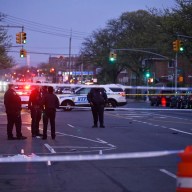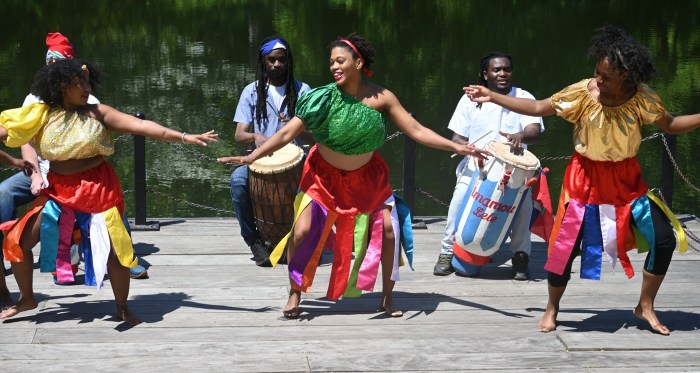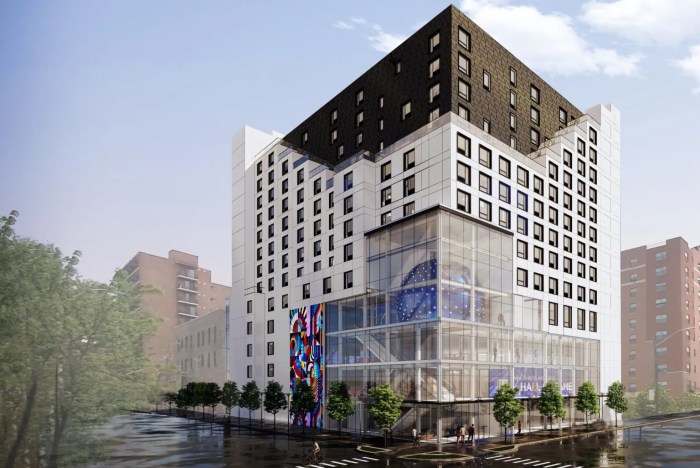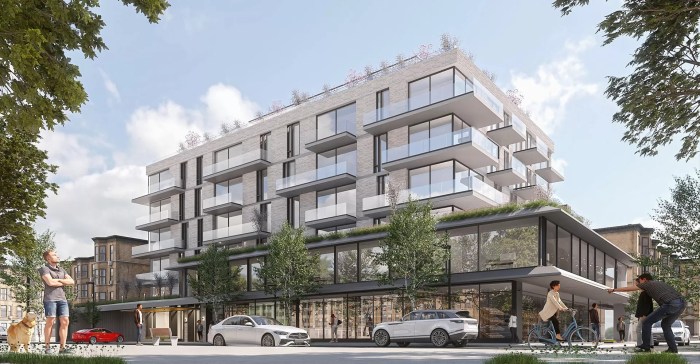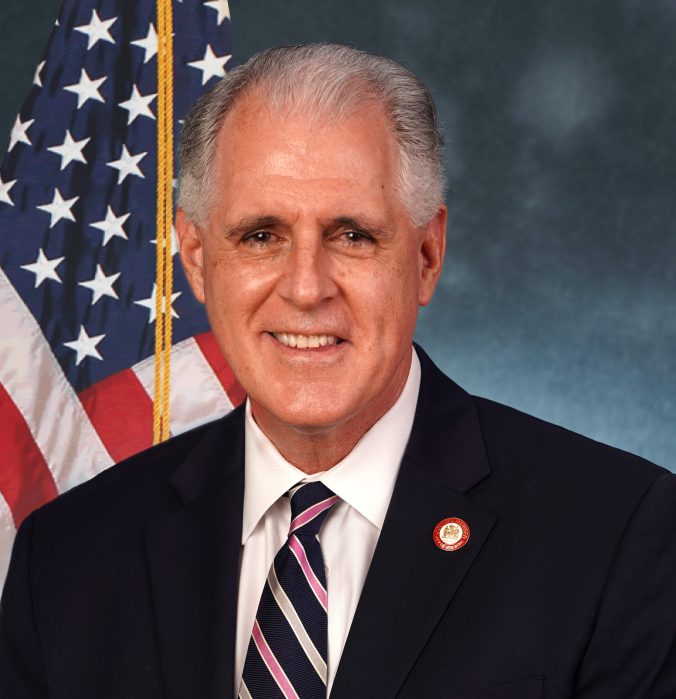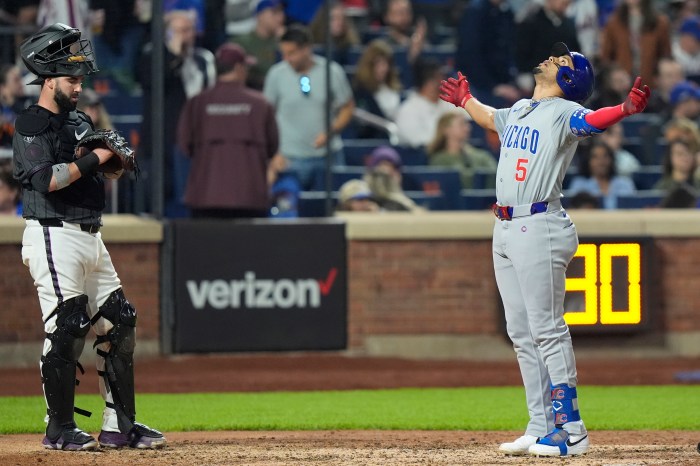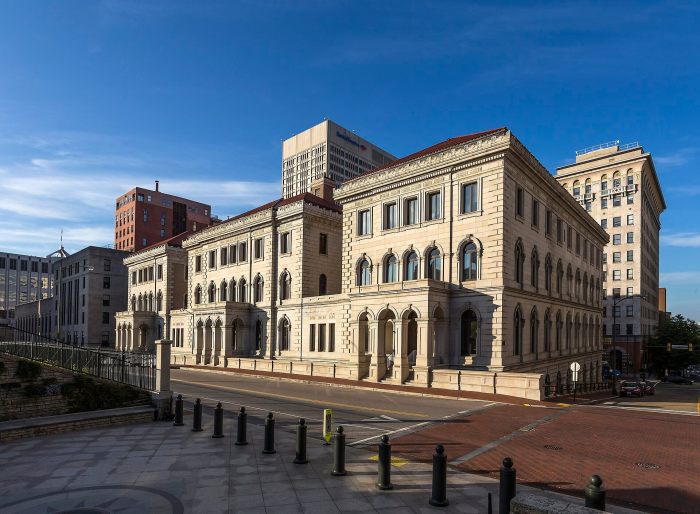By Alex Davidson
Anne Jablon never knew she was a poet.
After her husband died, Jablon, along with six other women, began frequenting the Howard Beach Senior Center at 156-45 84th St., to take classes from the center’s director.
“He would read to us like he was the parent and we were the children,” said Jablon, who 25 years later refers to herself as an “old timer” at the center. “One day he told us to write a poem and I had never done that before.”
Jablon went on to read her poem aloud, much to the approval of the director, who then asked her to write another one. And she’s been writing ever since.
“That gave me an incentive,” she said of the center, which also offers pool facilities, and bridge, dance, aerobics and yoga classes. “It gave me something to live for.”
Jablon is just one of hundreds of other area seniors who regularly come to the center, which will be celebrating its 30th anniversary in June, to do everything from writing poetry and doing yoga, to eating prepared meals and taking classes on proper nutrition. Without the center, Jablon and other seniors say, they would have no place to go besides nursing homes.
“This is a very active center,” said Judy Ascherman, program director at the center that draws its members from Ozone Park, the Rockaways, Richmond Hill, Howard Beach and Brooklyn. “There are people here who have so much talent who didn’t have time to develop that when they were younger.”
Ascherman said the center, which receives an average of 250 people daily, is a unique resource because few senior centers exist in Queens. She operates the center with only two other full-time employees and one other part-time employee.
“We run on a shoestring,” she said of the center that is funded by the Department for the Aging. She said the center rents its space from an Orthodox Jewish temple.
Director Ike Albala said the center is in danger of having its funding cut because of the city’s budget deficit. He said most people between the ages of 30 and 50 do not realize that 20 years down the road, they will need senior citizen facilities.
“Most younger people don’t identify with (seniors),” he said. “So the programs that are likely to get cut are programs for the elderly.”
Albala said his center has already reduced programming. He said the center used to offer social dancing to seniors at least seven times a month, but now because of the decrease in funds it can only offer it three times a month.
“This is obviously of concern to us,” he said, adding that some seniors come every day while others come once or twice a year. He pointed out that seniors are still the most vulnerable group in terms of needs.
And for Jablon that could mean losing some of the activities that give her the chance to socialize with her friends and neighbors.







